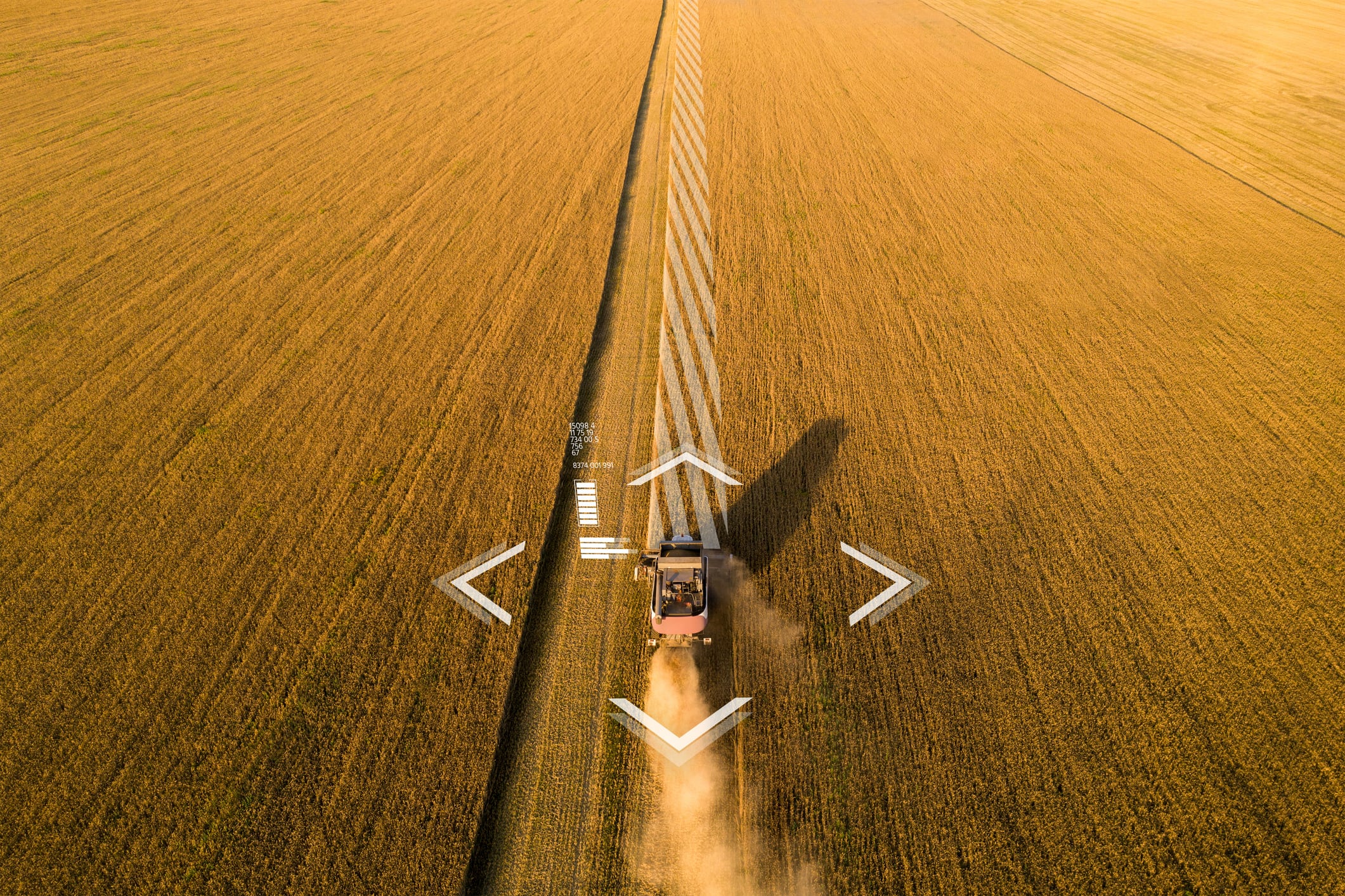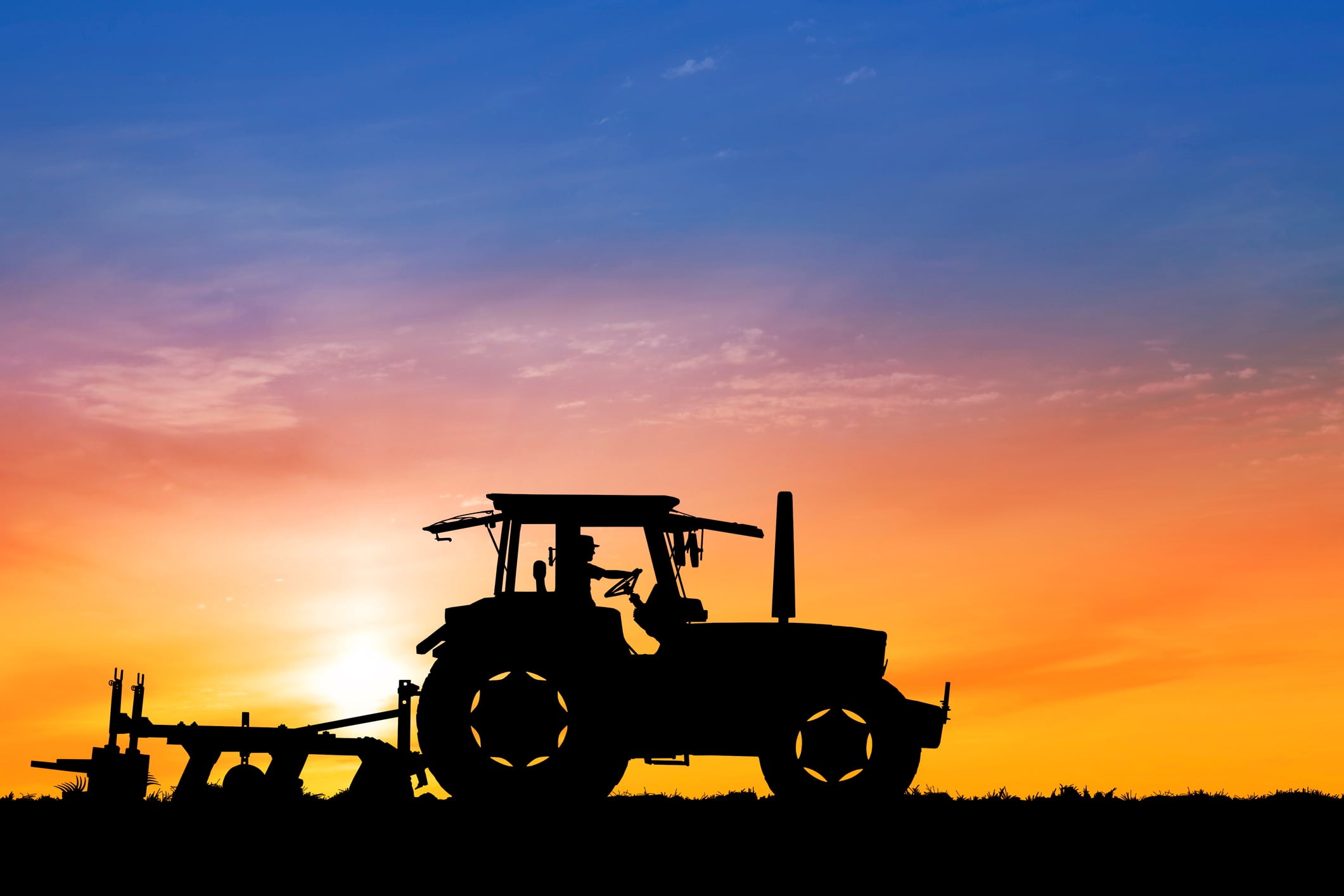ATN: How does CNH plan to scale its autonomous vehicle offerings, and what markets are you prioritising for growth?
JS: We’re developing a single, unified tech stack that will be applied across multiple vehicles and applications. This approach allows us to customise use cases for specific needs and applications while maintaining consistency, building from a common core tech stack.
Our internal development focus and first autonomous offering will be in the cash crop segment. This same core tech will also support future developments in specialty crops, hay and forage, and other agricultural applications.
Permanent plantation crops are another segment with immediate needs for autonomous, and a priority in particular for our New Holland brand.
We’re partnering with BlueWhite (formerly Blue White Robotics) for autonomous solutions in these orchard and vineyard markets to provide a retrofit solution for those customers.
ATN: What impact is autonomy having on farming systems/what are farmers’ objectives?
JS: A farmer’s objectives are to increase productivity, reduce costs, ensure sustainability, and address labor shortages. Autonomy is driving process efficiency, increasing the agronomic quality of the job being performed, and improving farming practices. For example, tillage automation minimises fuel use reducing costs, and boost yields by providing a uniform seedbed for optimal seed germination.
Automating tasks like baling and grain harvesting increases productivity by as much as 25% and cuts labour costs. Precise input controls like variable rate seed metering and fertiliser applications minimises waste, lowers costs, and boosts profitability.
Additionally, autonomous systems reduce emissions and chemical use, supporting more sustainable farming practices.
ATN: What’s the bigger challenge in this sector – improving farmer adoption or the capabilities of smart vehicles?
JS: The biggest barrier to farmer adoption is often the question, ‘does it really work?’, the perceived complexity of the technology, and determining a clear return on investment.
To encourage adoption, strategies like hands-on education, gradual integration with semi-autonomous systems, and cost-effective retrofit kits can help build trust in the performance and benefits of the technology.

Providing manual override options, user-friendly interfaces, and financial tools to calculate the value proposition further promotes adoption and supports farmers. Having an effective farm management information system like FieldOps which integrates all the vehicle and agronomic farm data enhances operational efficiency, making the transition easier.
ATN: How can you avoid the mistake of launching ‘tech for tech’s sake’?
JS: At CNH, we focus on aligning technology development with the real-world needs of farmers. We prioritise tangible benefits, such as optimised performance, reduced inputs, and improved profitability, making the technology truly valuable for farmers.
Our approach is guided by practical applications rather than innovation for its own sake. The goal is not to remove farmers from the farming process but to enhance their capabilities with advanced technologies. Throughout development, we engage farmers through customer clinics and reviews to ensure the technology meets their needs and is practical for adoption.
ATN: As well as your partnership with BlueWhite, CNH recently partnered with Advanced Farm Technologies to develop robotic harvesters for strawberries and apples. Additionally, you collaborate with Autonomous Solutions Inc. (ASI) to advance robotic platforms for agricultural machinery. Tell us more about why you are embracing cooperation.
JS: Partnerships are essential in the autonomous vehicle industry as they allow companies to leverage each other’s expertise, share resources, and accelerate innovation. By collaborating, companies can address challenges more effectively and bring new solutions to market faster.
Our partnership with BlueWhite enables us to integrate their advanced technology into our tractors, providing fully autonomous operations for orchards, vineyards, and other specialty crop operations. This collaboration enables us to offer customers cutting-edge, practical autonomous solutions.
Similarly, our partnership with One Smart Spray delivers green-on-brown spraying technology, which targets weeds without affecting crops, reducing both costs and environmental impact.
These partnerships help us bring innovative, sustainable solutions to the market faster and more efficiently.





